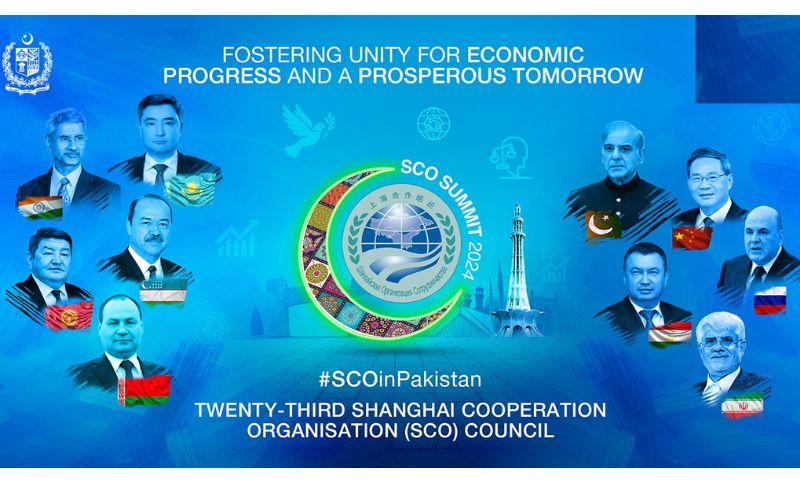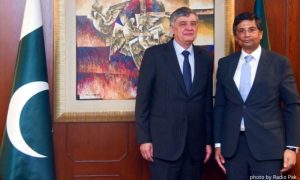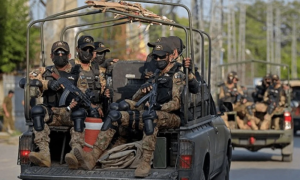ISLAMABAD: The 23rd Shanghai Cooperation Organization (SCO) Council of Heads of Government Meeting, held in Islamabad last week, offered Pakistan a valuable opportunity to enhance regional connectivity, expand trade and economic relationships, and strengthen security and strategic cooperation among member countries.
This perspective was shared by speakers at a roundtable discussion titled “Post-SCO Council of Heads of Government Meeting 2024: Unpacking the Results and Opportunities.” The event was organized by the Centre for SCO Studies at the Institute of Peace and Diplomatic Studies, the Pakistan-SCO Friendship Forum, and the Riphah Institute of Public Policy at Riphah International University. It focused on the outcomes of the meeting that took place on October 15-16, 2024.
In her opening remarks, Dr. Farhat Asif, President of the Institute of Peace and Diplomatic Studies, emphasized the importance of evaluating the strategic and economic impacts of the summit. She highlighted that the event reinforced the need for multilateral cooperation in areas such as security, trade, and sustainable development.
Mumtaz Zahra Baloch, spokesperson for the Ministry of Foreign Affairs, delivered the keynote address, outlining key outcomes from the meeting. She announced that Pakistan would chair the Regional Anti-Terrorism Structures (RATS) body within the SCO in 2025 and host the SCO Council of Heads of State in 2026. Baloch noted that the successful hosting of the summit significantly enhanced Pakistan’s global image.
Dr. Talat Shabbir, Director of the China-Pakistan Study Centre at the Institute of Strategic Studies Islamabad, stressed the economic and strategic benefits Pakistan can gain from active participation in the SCO. He pointed out that enhanced security cooperation and economic collaboration within the organization would contribute to Pakistan’s stability and growth.
READ ALSO: Hezbollah Targets Israeli Naval Base and Tel Aviv Suburbs
Addressing regional trade, Dr. Sarwat Rauf, Head of the Department of International Relations at the National University of Modern Languages, underscored Pakistan’s vital role in facilitating greater connectivity between Central and South Asia. She highlighted the country’s efforts to tackle regional security challenges, including terrorism and extremism.
Dr. Muhammad Munir, Dean of Social Sciences at MY University, provided a detailed analysis of the summit’s key takeaways, emphasizing Pakistan’s diplomatic leadership in promoting regional cooperation. He also discussed ongoing regional initiatives such as the Belt and Road Initiative (BRI) and the China-Pakistan Economic Corridor (CPEC), which are essential for advancing regional peace and development.
The session concluded with remarks from Dr. Rashid Aftab, Director of the Riphah Institute of Public Policy, who highlighted the alignment between the summit’s focus on sustainable development, climate action, and renewable energy and Pakistan’s national priorities. He called for stronger academic and policy-oriented collaboration among SCO member states to address common challenges and maximize mutual benefits.
The event attracted diplomats, academics, civil society members, and media representatives, all discussing the opportunities presented by the SCO’s evolving focus on geo-economics and regional integration for Pakistan.


























